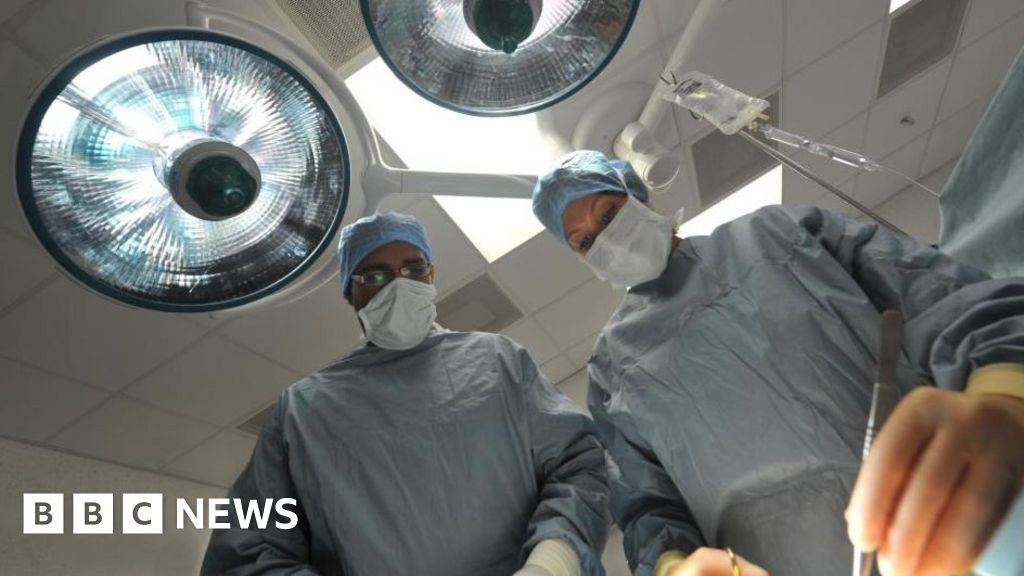Introduction to Organ Transplants and Immortality
Organ transplants have been a lifesaving procedure for many individuals, with over 100,000 people in Great Britain having been saved in the past 30 years. The topic of organ transplants and their potential to contribute to human immortality was recently discussed between two prominent leaders. The idea of repeatedly transplanting human organs to become "younger and younger" and possibly achieving "indefinite time" despite age was mentioned. Although this concept may seem like a joke, it raises interesting questions about the potential of organ transplants in extending human lifespan.
The Current State of Organ Transplants
Organ transplants are a significant undertaking with considerable risks. The lifespan of a transplanted organ depends on various factors, including the health of the donor and recipient, as well as how well the recipient takes care of the new organ. For example, a kidney transplant from a living donor can last around 20-25 years, while one from a deceased donor can last around 15-20 years. Other organs, such as the liver, heart, and lungs, have different lifespans.
The Risks and Challenges of Organ Transplants
Every time a person undergoes surgery, there are risks involved. Currently, individuals who receive a new organ must take strong anti-rejection medication, known as immunosuppressants, for life. These medications can have side effects, such as high blood pressure, and increase the risk of infection. Additionally, rejection can still occur, even with medication.
Tailoring Organs to Reduce Rejection
Scientists are working on creating rejection-free organs using genetically modified pigs as donors. By removing certain pig genes and adding human genes, the organs can become more compatible with the human body. This area of research is still experimental, but it has shown promise in reducing the risk of rejection.
Growing New Organs
Another area of research is focused on growing brand new organs using human stem cells. These cells have the ability to grow into any type of cell or tissue in the body. While no research group has yet been able to produce fully functional, transplantable human organs, scientists are making progress. For example, researchers have been able to rebuild a human thymus using human stem cells and a biogenic scaffold.
The Limitations of Organ Transplants in Extending Human Lifespan
While organ transplants can replace damaged or diseased organs, they do not address the underlying issues of aging. As we age, our bodies become less resilient and less able to cope with physical stress. Replacing organs through transplants may not be enough to extend human lifespan significantly. Experts suggest that the upper limit of human lifespan may be around 125 years, and that focusing on extending healthy years rather than just lifespan is a more attractive goal.
The Future of Organ Transplants and Human Lifespan
The concept of using organ transplants to achieve immortality is still largely speculative. While scientists are making progress in creating rejection-free organs and growing new organs, these advancements are primarily aimed at treating illnesses rather than extending human lifespan. As research continues to evolve, it will be interesting to see how organ transplants contribute to our understanding of human aging and lifespan.

